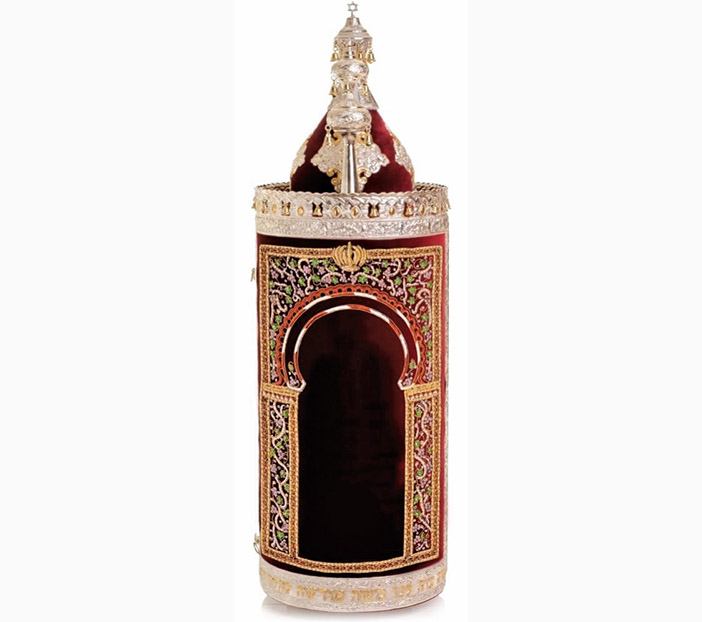
Sephardic Social Justice: Emulating Boaz
A Sephardic Jew who receives an aliyah to the Torah first recites “Hashem Imachem” (“May God be with you”). The congregation then responds, “Yevarechecha Hashem”


A Sephardic Jew who receives an aliyah to the Torah first recites “Hashem Imachem” (“May God be with you”). The congregation then responds, “Yevarechecha Hashem”

For years, we at Shaarei Orah have been praying Arvit early at the end of the first day of Yom Tov leading into the evening

There are three major opinions regarding visitors to Eretz Yisrael on Yom Tov Sheini: Rav Yosef Karo requires two days of observance, Teshuvot Chacham Tzvi

34 versus 33 Why did my Sephardic male neighbors wait until the 34th day in the omer to have their hair cut? It is because

May we permit Ashkenazic single men to sit in Congregation Shaarei Orah, the Sephardic Congregation of Teaneck, without a tallit? Sephardic practice follows straightforward reasoning—a

Part II Successes and Failures of Medinat Yisrael Many note that although we are grateful to Hashem for giving us Medinat Yisrael, we must acknowledge

What a fantastic Shabbat and fantastic presentation! Rav Baruch Gigi, the rosh yeshiva of Yeshivat Har Etzion (Israel’s largest Yeshivat Hesder), served as scholar-in-residence at

On Shabbat evening, more than 50 people filled the Jachter home for a question and answer session with MIT Professor Jeremy England. Dr. England, a

Part II A Sephardic storekeeper notices that an Ashkenazic customer wishes to purchase egg matzah for Pesach. He wonders if he is permitted to sell

It depends if he is Sephardic or Ashkenazic. The Shach (Y.D. 265:24) and Magen Avraham (25:28), two major Ashkenazic halachic authorities, record the minhag that

Part II Mazal tov! David Feder, a beloved friend of Congregation Shaarei Orah, the Sephardic Congregation of Teaneck, had a boy! Since David, who observes

Part II We at Congregation Shaarei Orah, the Sephardic Congregation of Teaneck, were privileged to receive a gift of both Rashi and Rabbeinu Tam’s tefillin